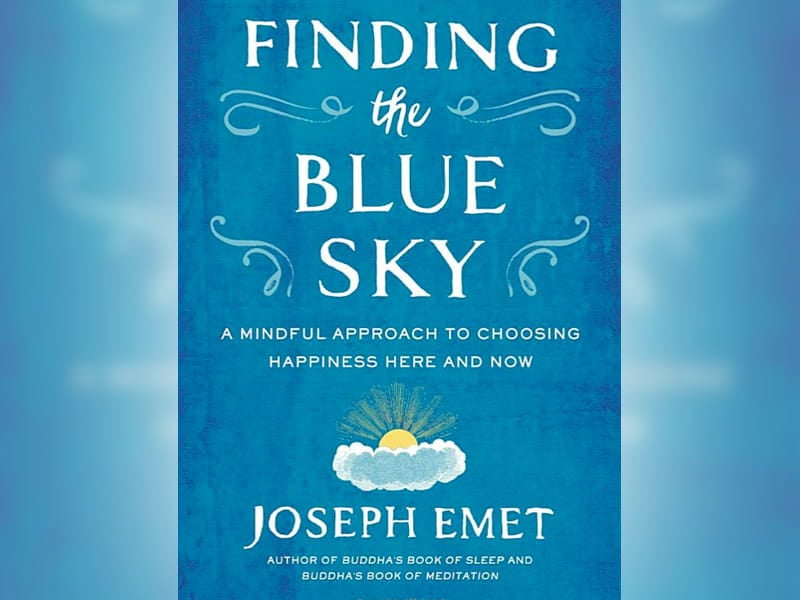What is the goal of meditation, if there is one?
Different teachers will give different answers. Some say there is no goal; simply do the practice without any ideas about where it will lead you or what you'll get out of it. That way you're not always "waiting for something to happen." Others claim the goal is the development or cultivation of wisdom and compassion. Individuals take on meditation to reach a variety of goals. Some people want to relieve stress, others want to develop more focus of mind, and still others want spiritual understanding. In the Buddhist world, the main goal of meditation is to understand and relieve suffering. Suffering isn't just physical pain, but all forms of dissatisfaction--from wanting that new Britney Spears CD and not getting it, to getting the new Britney Spears CD and not feeling satisfied by it, to finally getting that CD, only to realize that Christina Aguilera is where it's at now. All of these situations don't necessarily have to cause suffering, but when our mind clings to the world being a certain way--I have to have that CD now--it causes us difficulty. Though we have very little control over what comes to us in life, we do have control over how we respond. We can't completely control whether our boyfriend or girlfriend dumps us, but we can respond to the situation in ways that cause us more suffering or in ways that cause us less suffering. That's where meditation fits in. It can't eliminate the pain, but it can help us handle the situation with balance, wisdom, and care. What is the significance of closing your eyes during meditation? Unlike what you may have seen in movies or on TV, you don't have to close your eyes while meditating. In fact, in some traditions the eyes are kept wide open. Closing your eyes can be useful because it limits external stimuli and allows you to better focus on what is going on internally. However, if you decide to keep your eyes open, do so while near a wall or focusing on an object, so that you don't get distracted and lose focus.
The Vietnamese Buddhist monk Thich Nhat Hanh says we have both blood ancestors and spiritual ancestors. For some, they are one and the same. Others have blood ancestors from one spiritual tradition, but have a spiritual bond to a different tradition. In this system, it is possible to honor your calling to a new spiritual tradition while also honoring your blood ancestors and the religion you were raised in. Honoring our blood ancestors, our family and whatever tradition they have, is very important. This way you will show that you are practicing respect and gratitude, which is at the heart of all the different traditions.

